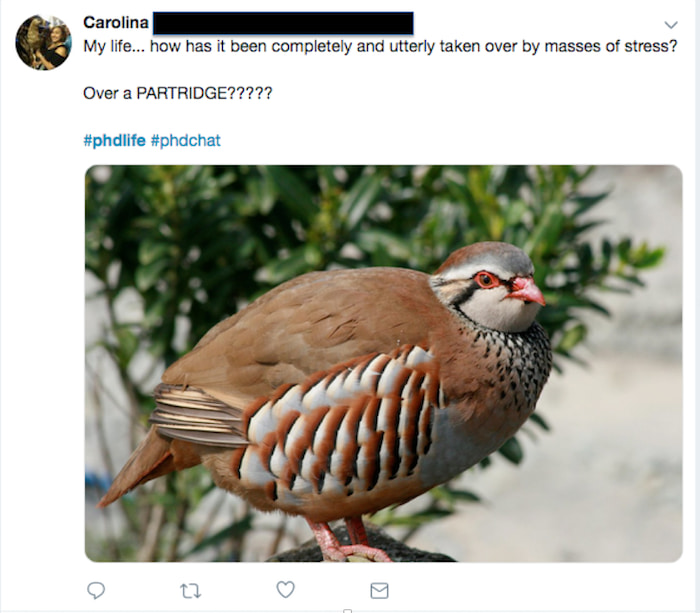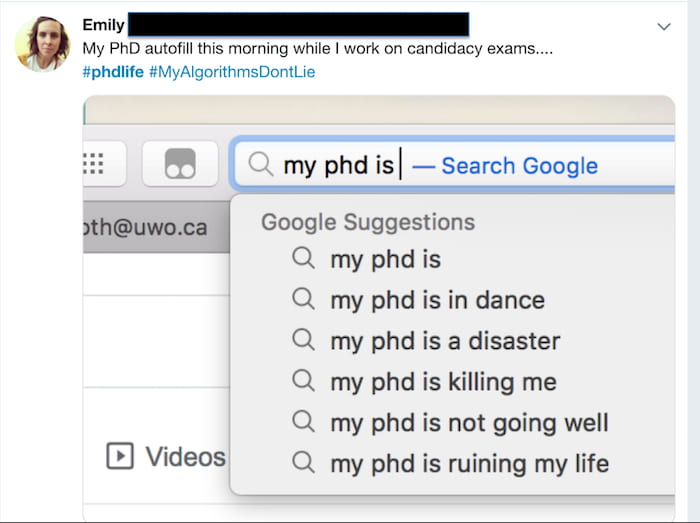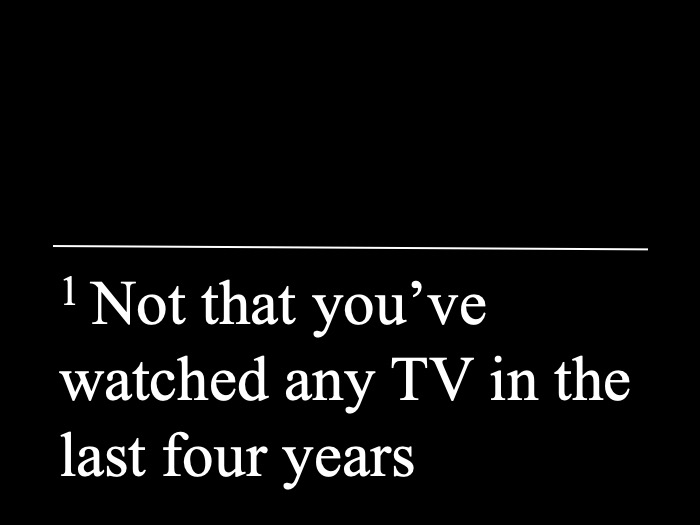Author, professor Ted Spiker speaks to Summer 2019 grads
The chairman of the University of Florida’s Department of Journalism and UF's 2016-17 Teacher of the Year spoke at UF's doctoral commencement ceremony Friday. His speech is below.
Thank you, President Fuchs.
In his bestseller titled “Originals,” the business and management guru Adam Grant makes a novel suggestion: Instead of opening with your strengths, he says, sometimes you should lead with your weaknesses. “Put your worst foot forward.”
Here’s mine for today: While I have been a proud member of the University of Florida faculty since 2001, I don’t have a doctorate. This has caused me some worry in anticipation of these next few minutes: How am I supposed to relate to what you have just accomplished?
To answer that question, I decided I needed to know more. So I did what anybody with half a brain and two thumbs would do.
I turned to social media. And here’s what I learned about earning a doctorate.
Sometimes you question your future.

Sometimes you know to NEVER question Google.

But sometimes—this time—you answer the biggest question of all: Can I do it?

But seriously, graduates, look at what you have accomplished:
- You have achieved elite scholarly status.
- You are—by definition—a world expert on something.
- You have experienced brain-bursting frustration and brain-tickling curiosity.
- And you have had to steel yourself against the four most anxiety-inducing words heard at every doctoral defense: “Please leave the room.”
I salute you for all of your accomplishments, your achievements, and your excellence. Congratulations to you, doctoral class of 2019.
When I was an undergraduate, I knew that I wanted to make my career in a university community. I loved the energy of the environment—and the lifecycle of learning. To get here, I worked in industry—and I also appreciated what I learned there in terms of creativity, mission, and impact.
Some of you will go into academia, some of you will go into industry, and some of you will do both. As you embark on your next adventure, I want to share five practices that have been useful on my path and that I hope will complement the incredible skill set you already possess.
Number one… ELECTRICITY
My high school English teacher Barbara Reilly conducted class with a quiet dignity and confidence. She let others speak. She would sit with us, rather than stand in front of us. And in my final essay in her class, she wrote one sentence on the top of my paper that likely changed the course of my career. It was a line that told me something to the effect of “you can hire an editor to fix your mistakes, but nobody can take away the fact that you think like a writer.”
That one line—almost a whisper—re-directed me and pointed me to where I would go.
In my undergrad program, I met a professor who did change my life. The first assignment in Dennis Jackson’s class was one sentence—30 words. When I got it back, it was splattered with more red stains than an episode of "Game of Thrones."1

Number four… GENEROSITY
Several years back, I started an online running club. (Yes, it’s okay to do something other than work.) It was basically made for people who maybe really felt like “runners,” but were. A few years ago, maybe a hundred or so members of this group—which now has some 6,500 people—got together at a race weekend. There were a lot of other racers there, including a woman who was running her first 5K on her birthday, as her husband told one of our members, Derick, who was walking the race carrying our flag.
During the race, the woman struggled at the very back of the pack, nervous and upset because the emergency vehicles were right behind her. As she and her husband approached the finish line, Derick quietly moved behind the couple, never saying a word. They finished the race and went their separate ways.
It didn’t hit the couple until they got home: Derick had dropped back so the woman didn’t have to finish last in her first race on her birthday.
The husband then joined our group and asked if anyone knew the guy from Chicago was, because he wanted to thank him for—with that small gesture—changing the woman’s day from a miserable day when she was thinking that she had failed to a beautiful one in which she celebrated something she had never accomplished before.
In your life, you have your own memories and stories of these kinds of random acts of kindness. In a world with lots of pressure, expectations, and responsibilities, I think it’s important to remember what it means to get behind someone (sometimes literally, like Derick). These seemingly minor moments can be our most powerful fuel.
Finally, number five... TENACITY
In her book "Grit," Angela Duckworth wrote, “To be gritty is to hold fast to an interesting and purposeful goal.”
If we take another lesson from the human body, consider the dynamics of endurance—that is, the ability to have the strength and perseverance to go beyond what you think your limits might be. You can see that mind-body struggle in all kinds of people—from endurance athletes to health survivors, from new parents to doctoral students
I’ve always been fascinated with the stories of the people who persist and push physically because of the lessons that they can mean for all of us. So I think about people like Diana Nyad, who, you might remember, became the first person to swim from Cuba to Florida without the safety of a shark cage. She did this on her fifth attempt—and at the age of 64. Gritty, grinding, keep going.
In his book "Endure," Alex Hutchinson wrote this about the relationship between the mental and physical: “It does appear that the top athletes really push themselves to a darker place, and stay there longer, than most people are willing to tolerate.”
I sort of think that you can take that line and make a few friendly edits to apply it to what you have just accomplished.
“It does appear that the top scholars really push themselves to a deeper place, and stay there longer, than most people are willing to tolerate.”
And that’s what you have done—and that’s what you will do as elite scholars. Keep asking the important questions. Keep searching for answers. Keep pushing the limits to make our world better. Keep going. Sometimes you’ll do it quietly when nobody is watching, and sometimes you may have to do it loudly when everyone is.
You have earned this elite scholarly status—with endurance, with patience, with curiosity, with perseverance, with focus, and with an adviser-turned-friend-for-life. And you have done it not by taking one physical step at a time.
But with one question at a time. One idea at a time. One word at a time. One IRB approval at a time. One paper at a time.
But let’s be clear. You have not just endured. You have excelled.
And what you have done—and what you will do—makes it better for the collective us.
On behalf of the faculty at the University of Florida, I applaud your incredible achievements.
Congratulations, Doctors. Thank you.
